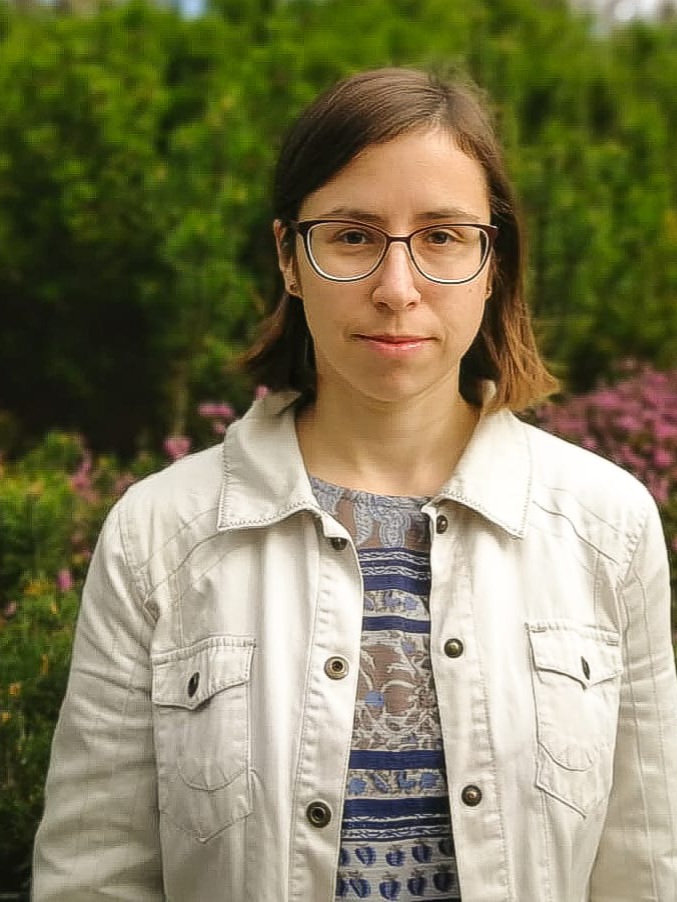Tensor networks for studies of topological phase transitions
ESPRIT Programme ESP 306
ESPRIT Programme ESP 306
Welcome to the info page of the ESPRIT project "Tensor networks for studies of topological phase transitions". Here you can find out more about the goals of the project, its PI and the grant info.
-
Project objectives
Quantum mechanics is one of the fastest developing areas of modern physics, the progress of which is being made both in theoretical understanding and description of phenomena, but also in their experimental realization. Although its foundations date back to the beginning of the 20th century, the technological quantum revolution did not take place until the 21st century and the last years especially, culminating in the awarding of the Nobel Prize in Physics in 2022 'for experiments with entangled photons, establishing the violation of Bell inequalities and pioneering quantum information science' to, among others, the Austrian physicist, Prof. Anton Zeilinger. Currently, one of the greatest and most interesting endeavours of quantum physics is to create a quantum computer that can handle problems that cannot be solved on the largest classical supercomputers.
One of the paradigms of quantum computation is the topological quantum computation, where quantum logic gates would be performed by braiding exotic particles called anyons. Unlike many known elementary particles responsible for the building and interaction of matter: bosons (like the commonly known photon) and fermions (like electrons)- anyons are the collective emerging effect of strongly correlated quantum systems, called topologically ordered systems.
Remarkably, in 2021 it was possible to experimentally realize topologically ordered systems in quantum simulators. To do this, atoms are caught individually in traps and their interactions are precisely adjusted to simulate the desired physics. One of these experiments makes use of so-called Rydberg atoms, whose properties make them an ideal platform for quantum simulators.
The goal of this project is to make an important step towards simulating these exotic phases of matter and quantum systems. To this end, we will develop a set of methods that enable the theoretical investigation of the dynamic preparation of topologically ordered systems in realistic experiments. The dynamical preparation of a quantum state means that an experiment starts with an easy-to-control initial state with no (or very little) quantum entanglement. Then the interactions between the atoms are slowly switched on, enabling the state to adjust to the changes of the varying parameters. If the preparation takes place too quickly, defects will arise in the system, which will negatively affect the quality of the final state. A major contribution of the project will be to develop numerical methods that allow to optimize the preparation time and to study the topological properties of the final state.
The results of the project will thus allow us to find the optimal balance between a short preparation time and a small number of defects, and thus realize the best possible topological states in experiments.
-
Project lead: Dr. Anna Francuz
Mailing address (for letters/parcels):
see ContactOffices:
Faculty of Physics
Boltzmanngasse 9, 1090 Vienna
Room 2.42E: anna.elzbieta.francuz(at)univie.ac.at
T: +43(0)1 4277 51272Publications: arXiv, Google Scholar, ORCID
Background: Anna Francuz completed her PhD with Prof. Jacek Dziarmaga at the Jagiellonian University, Kraków in 2022 and then joined the Quantum Information and Quantum Many-Body Physics Group in Vienna - first as a research fellow and then as a project member. Her area of expertise comprises numerical aspects of tensor networks and topological order and her research interest lies in studying phases of matter with tensor networks to understand how the entanglement properties of quantum many-body systems give rise to physical phenomena. In particular, she is interested in the classification of topologically ordered phases with numerically optimized iPEPS (infinite Projected Entangled Pair States).

-
Activities
A list of activities can be found in the project's u:cris entry.
-
Grant info
For details, please visit the project's info page of the Austrian Science Fund (FWF).
